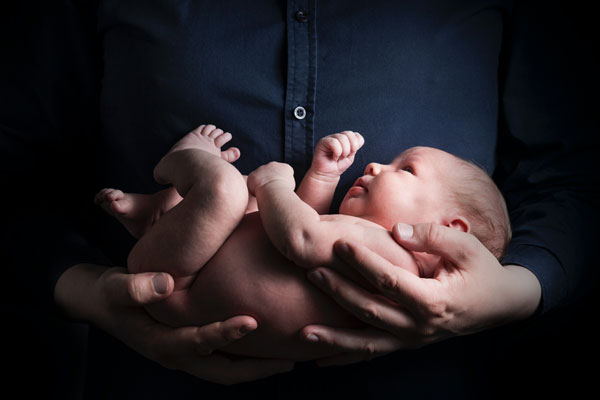The tragic death of Korean “ghost children” sheds light on the urgency of birth registration reforms

[Close-Up Photo of a Person Carrying a Baby: Photo Credit to Pexels]
On the 26th of this month, police revealed a shocking discovery as they uncovered the lifeless bodies of two infants inside a freezer at a residence in Suwon.
The woman, who remains unnamed, initially claimed to have sold her own children due to financial hardships; but it was later revealed that she had strangled both infants on the day of their birth- her daughter in 2018 and her son in 2019.
The fact that her crimes were revealed 6 and 5 years after it had been committed reemphasized the extent to which crimes regarding unregistered children persist in Korea.
This distressing case has shed light on the issue of "ghost children" in South Korea, referring to children who have not undergone official birth registration.
The South Korean Board of Audit and Inspection discovered that a staggering 2,236 babies and infants remained unregistered from 2015 to 2022.
The prevalence of unregistered births in South Korea appears to be linked to the leniency within the country's medical system.
Currently, medical institutions that fail to report births within 2 weeks are subject only to a mere fine of 50,000KRWwithout facing any criminal repercussions.
Ghost children are victims who are often deprived of basic government-provided health and educational benefits.
Tragically, these children also face a higher risk of experiencing abuse.
According to the South Korean Board of Audit and Inspection, upon tracking 23 unregistered children, three were reported to have already passed away, while one was found abandoned.
Amidst the current challenges posed by Korea’s concerningly low birth rate, it was revealed that the government had invested over 280 trillion KRW in an attempt to address this issue from 2006 to 2021.
Despite these dedicated efforts, the birth rate continues to decline.
Consequently, many concerned citizens have highlighted the apparent contradiction in their indifference to the death of valuable births that go on unregistered.
In response to the recent cases of ghost children that have garnered public attention, the government has announced plans to revise the enforcement decree, enabling the prompt notification of local governments regarding "temporary identification numbers for newborns."
This revision aims to facilitate expediting the birth registration status.
The Ministry of Health and Welfare has also expressed its objective to establish an "active administrative committee" to support the enforcement of this system.
Another proposed measure was the "protected birth system" which is a system that seeks to provide anonymity for mothers when reporting the birth of their children.
This measure aims to address the concerns of mothers who may fear permanent documentation of undesired pregnancies.
Additionally, with the introduction of anonymous birth registrations, the government hopes to encourage more women to give birth in official medical facilities, reducing the risks associated with unattended births.
The distressing cases of abuse and death among "ghost children" in South Korea have highlighted the critical need for reforms in the country's birth registration system.
The recent surge in media coverage has brought this issue to the forefront, evoking a strong public response and thus compelling the government to take immediate action.

- Kenna Choi / Grade 11
- Chadwick International

![THE HERALD STUDENT REPORTERS [US]](/assets/images/logo_student_us.png)
![THE HERALD STUDENT REPORTERS [Canada]](/assets/images/logo_student_ca.png)
